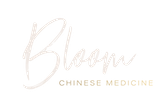Xenoestrogens: Why should you avoid them?
If you’ve ever done any research into hormonal health and wellbeing, there’s a fair chance you’ve come across the word xenoestrogens… but what ARE they?!
Put simply, the word xeno derives from the Greek word ξένο, meaning “foreign”. So xenoestrogen literally means “foreign oestrogen”. And unlike our body’s natural oestrogen, which we’re pretty efficient at eliminating once we no longer need them, xenoestrogens get stored in our fat cells, where they can disrupt many aspects of our reproductive function, breast and ovary health.
Xenoestrogens fall into two (rather broad) categories – natural xenoestrogens (such as phytoestrogens found in plants), and synthetically produced chemicals (like BPA, which has got a lot of public attention lately. Xenoestrogens fit into a bigger class of substances known as Endocrine Disruptors – because although they are similar in size and shape to the natural oestrogen produced by your body, they interfere with your natural hormone responses and endocrine processes. Your endocrine system looks after your metabolism, tissue function, sexual and reproductive function, sleep, mood and many other things – so yeah, it’s pretty important! Exposure to xenoestrogens has been linked with infertility, and cancers of the breast, ovaries, testicles, kidney, pancreas and brain.
How are we exposed to xenoestrogens?
Our bodies are absolutely bombarded with these synthetic oestrogen-like chemicals on a daily basis. Here are some of the most common sources from which we’re exposed to these chemicals:
- hormonal contraceptives such as the Pill, mirena, implanon and others
- scented beauty and personal care products
- conventional scented household cleaning products
- conventionally produced meat and dairy (which often contain antibiotics)
- conventionally produced fruit and vegetables (which often have pesticide residue)
- canned foods (BPA is often on the lining of the cans)
- Plastic food and drink containers (including takeaway containers and disposable coffee cups)
- Non-stick cookware (Teflon, I’m looking at you!)
- Stain-resistants and water-resistants that are often used on clothing, furniture and other fabrics
- Environmental toxins such as exhaust fumes, pesticides, dioxins, flame retardants and PCBs)
- Processed soy products
How can you limit your exposure to xenoestrogens?
In short, there are a LOT of ways we’re exposed to xenoestrogens. If you’re experiencing any kind of hormonal issue, it might be a good idea to limit your exposure to these and other endocrine-disrupting chemicals, following our tips below. There are heaps of steps you can take to minimise your exposure to xenoestrogens. And whilst it may be tempting to try to cut out everything at once, we recommend starting with one or two changes, and adding more once the change becomes an easy habit – this way the changes stick.
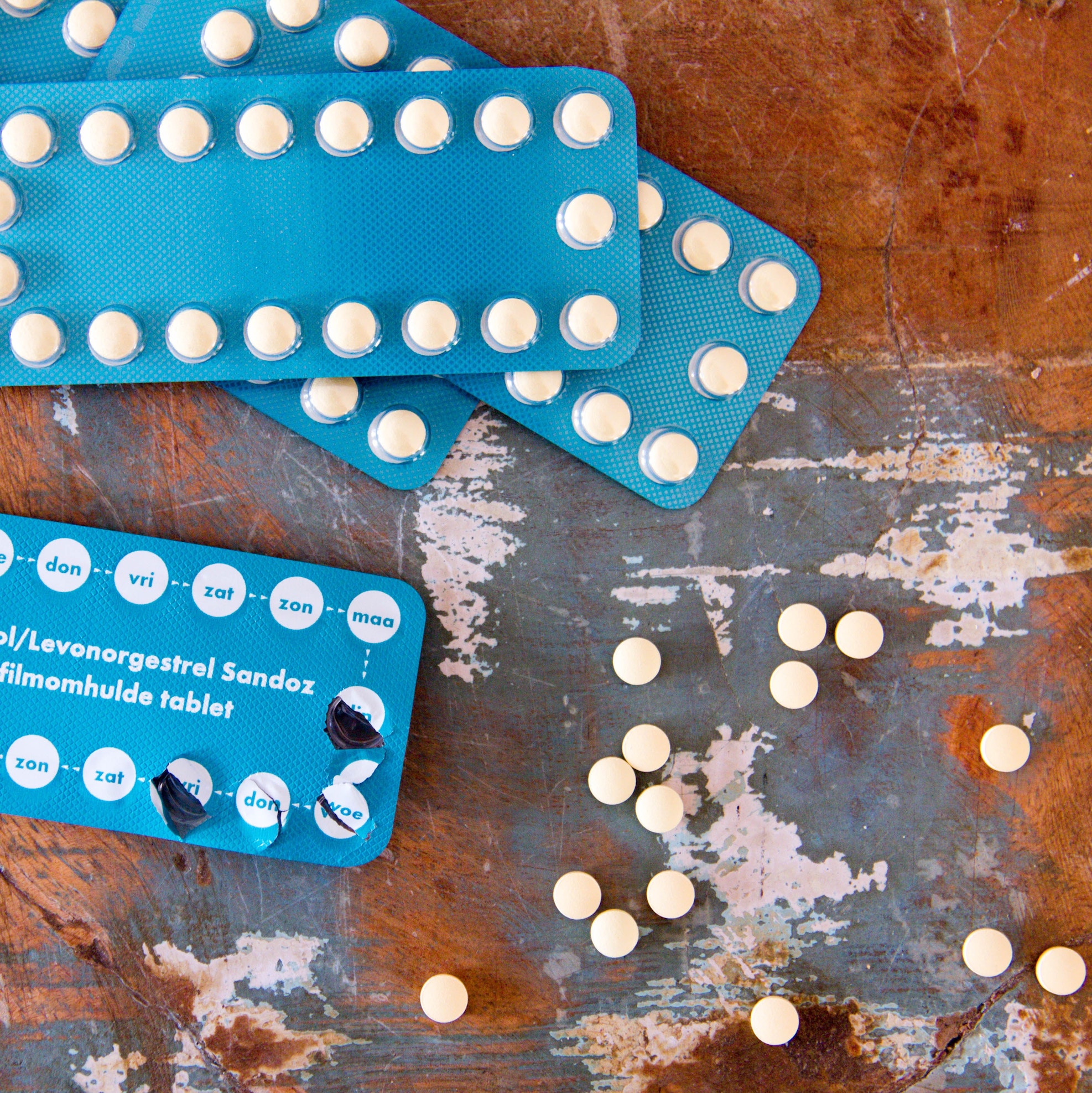
Ditch the Hormonal Contraceptives (if you can)
As Lisa from Fertility Friday’s book The Fifth Vital Sign says, “hormonal contraceptives are like the atomic bomb of xenoestrogens – [they] shut down normal reproductive function.”
For some women, coming off hormonal contraceptives is simply not an option – for example, in cases of severe endometriosis, when pain levels simply don’t allow it. In cases like these, it can be difficult to imagine a functional life without hormonal contraceptives. Some women find that working on improving their overall health whilst still taking the Pill allows them to come off and not experience a flare up of their symptoms – the book Beyond the Pill by Dr Jolene Brighten is an amazing resource for anyone who wants to look into this.
Eat Organic Fruit, Veggies and Grains Whenever Possible
Conventionally-grown fruit, veggies and grains are (usually) heavily sprayed with herbicides and pesticides such as glyphosate, a potent endocrine disruptor. Glyphosate exposure has been linked to gluten sensitivity, irritable bowel syndrome and even coeliac disease, but it is by no means the only endocrine-disrupting chemical used in farming – in fact, there are hundreds if not thousands of different pesticides, herbicides and other chemicals used in conventional farming practices. If organic is out of the question, you can follow the Environmental Working Group (EWG)’s Dirty Dozen and Clean Fifteen list to know which fruits and veggies are most likely to contain high (and low) amounts of pesticides.
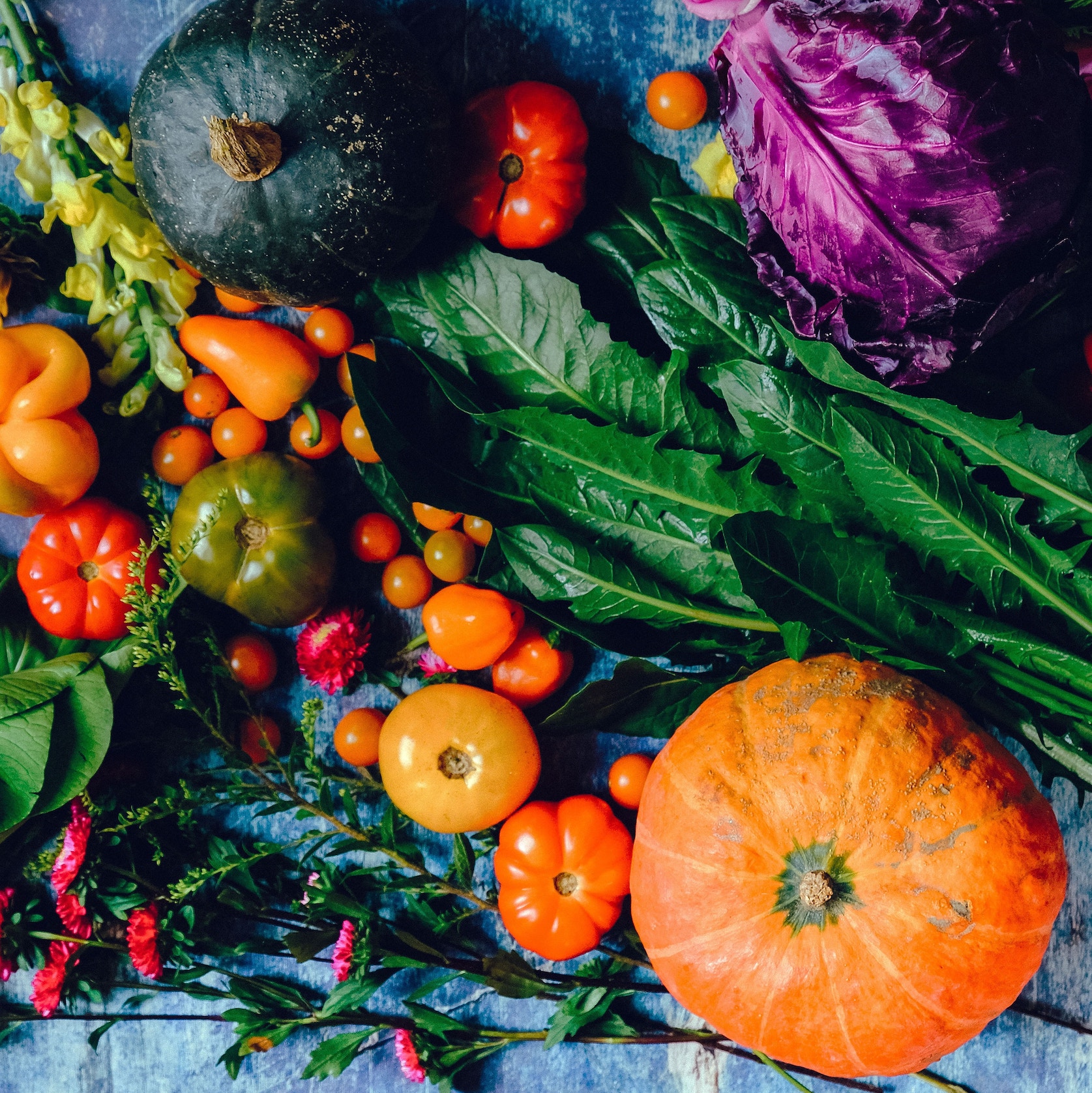

Make the Switch to Pasture-Raised, Grass-Fed Meat and Organic Dairy Products
Conventionally-produced grains (especially those that are genetically-modified to be able to withstand high levels of pesticide exposure) are cheap, and animals fed these grains have levels of pesticide residue. Remember how xenoestrogens get stored in our fat cells? The same goes for animals. If you eat animals that have been exposed to xenoestrogens, you’re exposing yourself to those same compounds.By making the switch to grass-fed meat and dairy products, you reduce your exposure to xenoestrogens.
Switch out the Beauty Products for Natural, Scent-Free Versions
Beauty products are a labyrinth of endocrine-disrupting chemicals – think everything from body lotion to deodorant to shampoo, alcohol hand sanitisers, perfume and makeup. Even some baby products have problematic ingredients in them like pthalates, which disrupt endocrine function. If you wouldn’t put it in your mouth, don’t put it on your skin! EWG also has a fantastic resource where you can check the cleanliness of your beauty products – check it out here: https://www.ewg.org/skindeep/
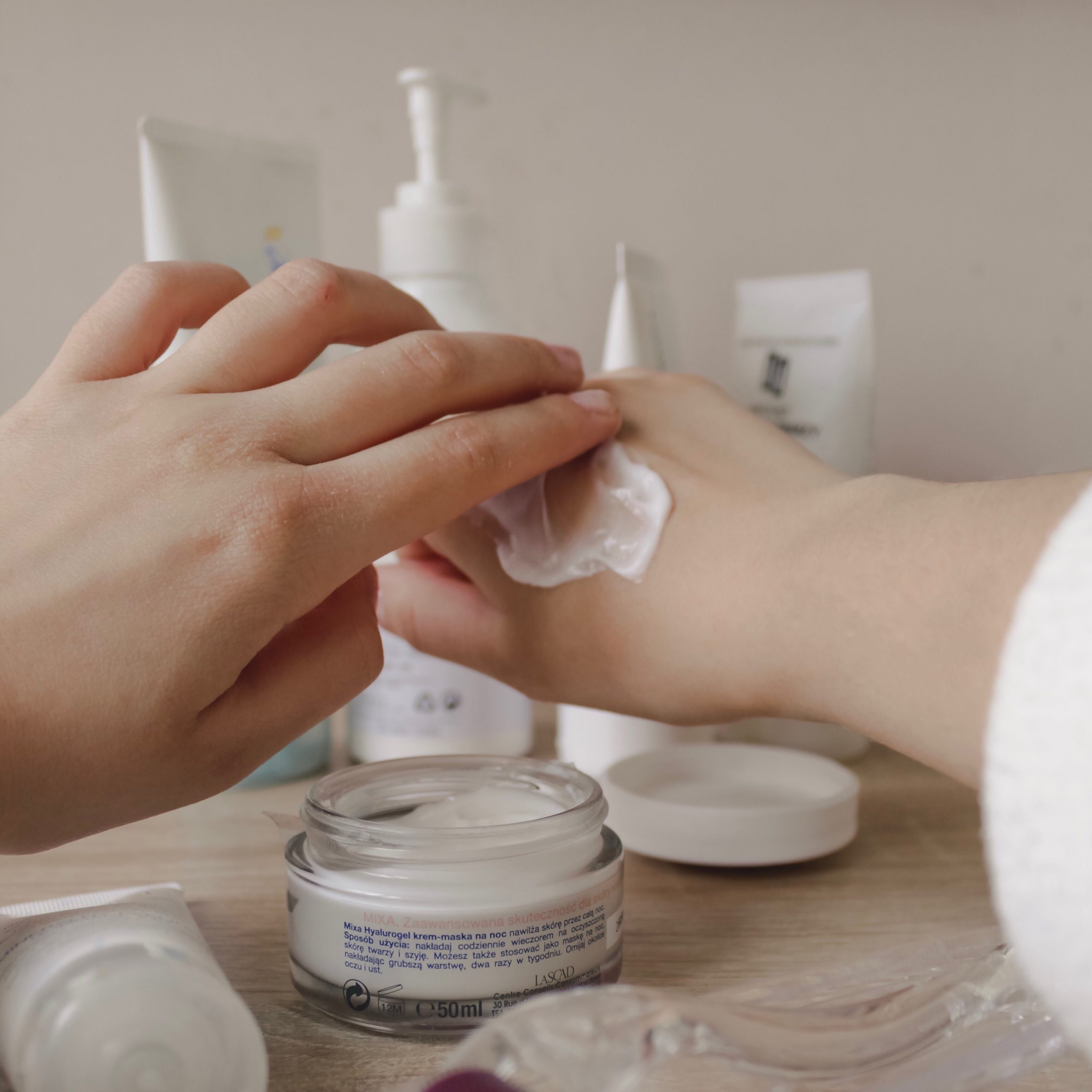
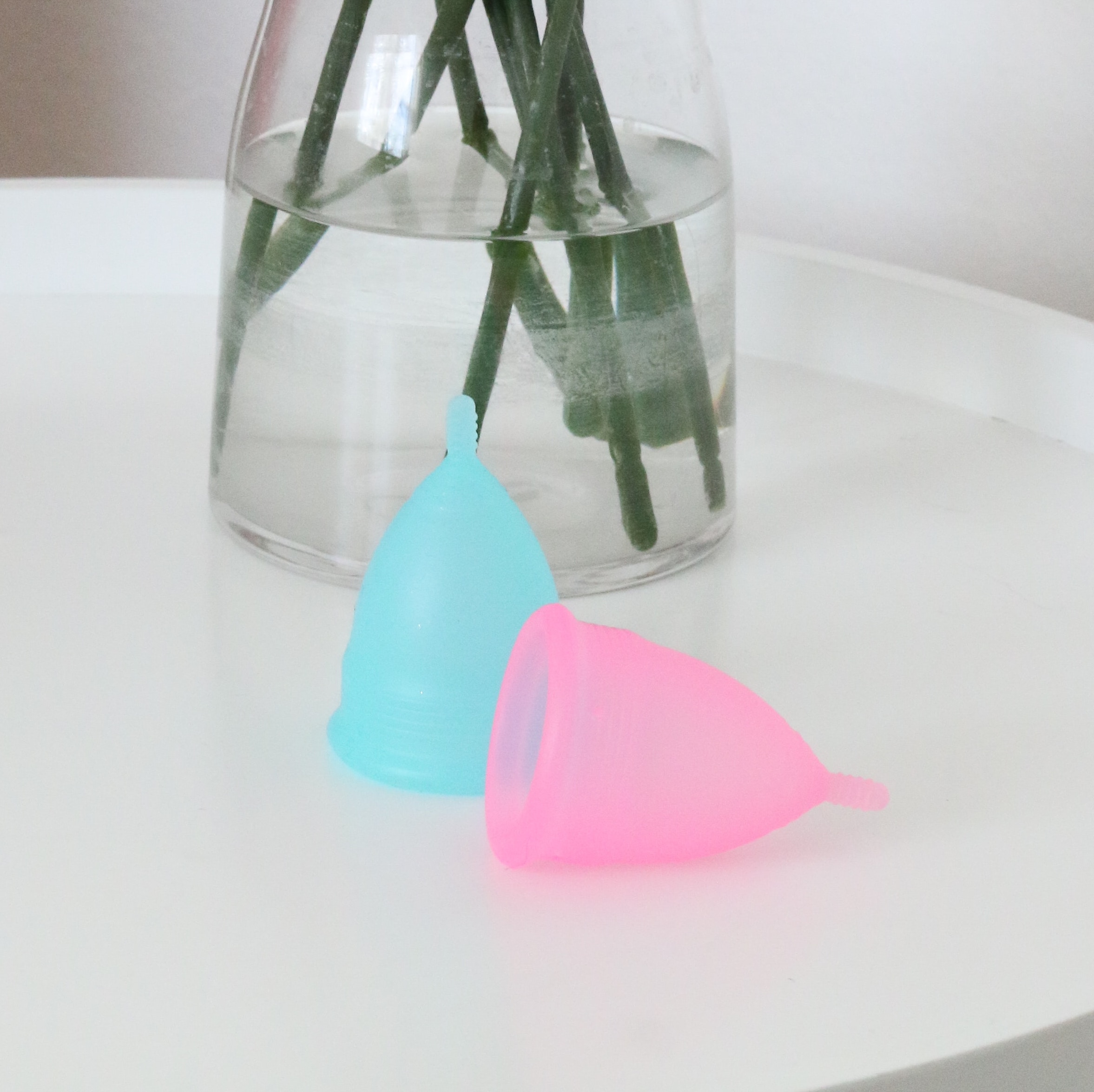
Use Organic Menstrual Products
Most menstrual products are made from heavily-sprayed cotton, and the materials are often bleached and exposed to other chemicals like dioxins. Dioxins are highly toxic chemicals which disrupt endocrine function and can impair fertility, damage your immune system, and even cause cancer. There is NO place for these chemicals in or touching your vulva or vagina!! Switch to organic, unbleached products, or even better to reusable alternatives such as a menstrual cup or cloth pads – and you’ll be helping the environment too.
Switch out the Conventional Cleaning Products for Natural Alternatives
Like beauty products, most cleaning products are full of xenoestrogens and other hormone-disrupting chemicals. When each of your cleaning products runs out, replace it with a natural, non-toxic and non-scented version. Be wary of conventional labels using words like “green” and “natural” on them, and always check the ingredients – they almost always contain some questionable ingredients (such as “fragrance”, which can be any number of chemicals!)
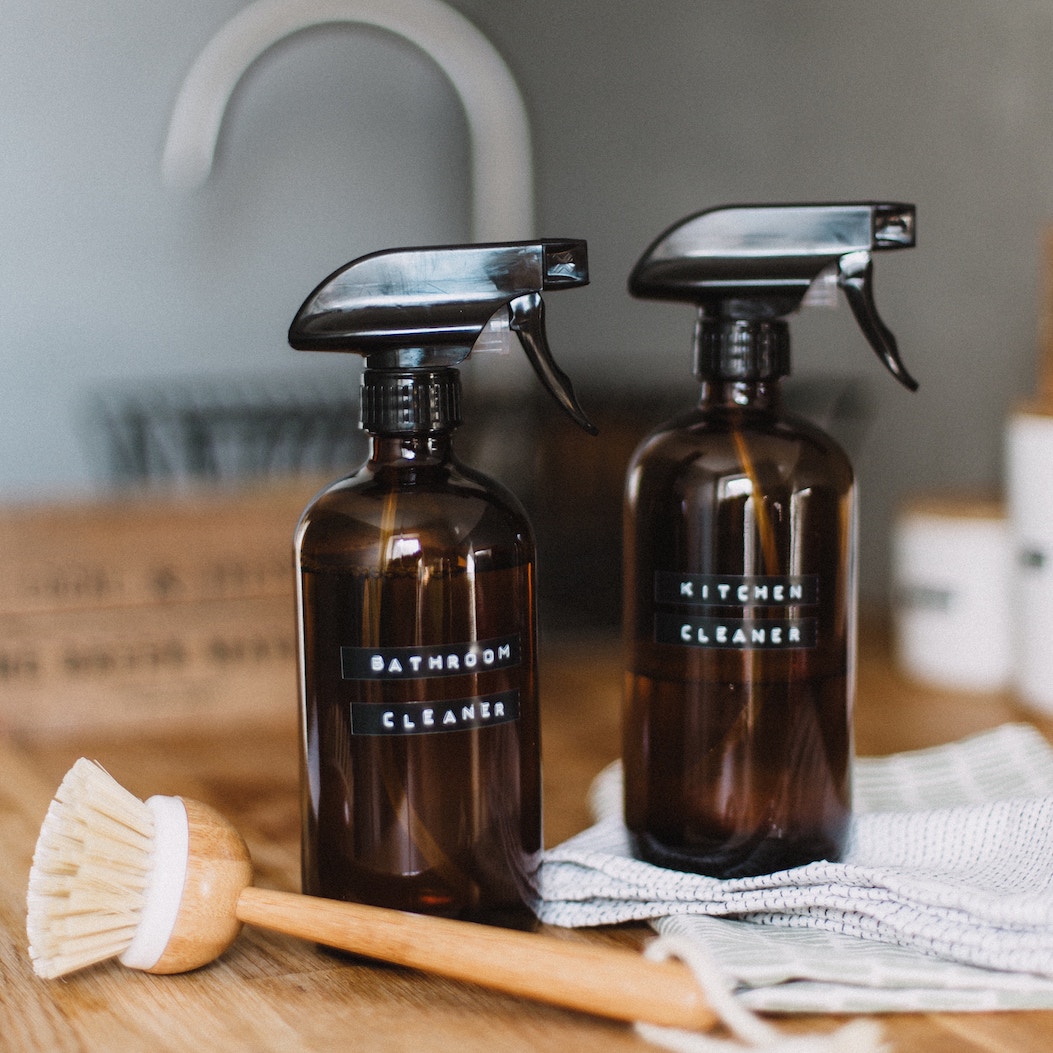
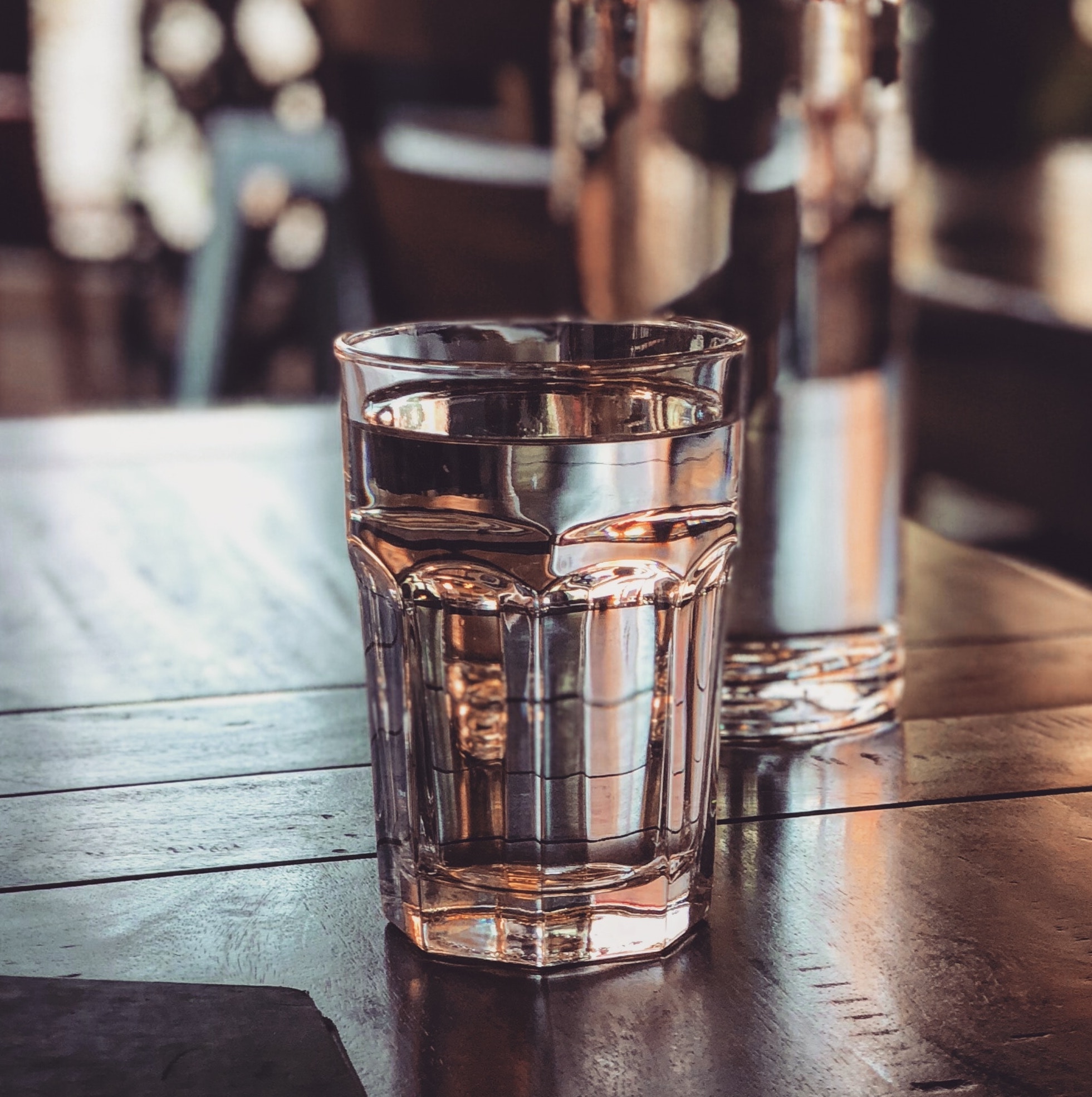
Filter Your Water
As well as chlorine and fluoride, tap water often contains levels of pesticide and herbicide residue, trace amounts of pharmaceutical drugs, and a number of other chemicals. One study in the US found trace amounts of 142 chemicals (pesticides, pharmaceuticals, fragrances etc) in treated drinking water. Crazy! Investing in a good quality water filter, such as a Berkey filter, can help to reduce your exposure.
Be Careful with Soy Products
Soy products contain natural xenoestrogens (called phytoestrogens, phyto meaning plant) that have an oestrogen-promoting effect on the body. The way that many modern soy products are processed is much faster than traditional methods of preparation, leaving much higher levels of phytoestrogens in the food. Long term or high amounts of soybean consumption has been linked with longer menstrual cycles, and delayed ovulation. The best way to reduce your exposure is to limit soy consumption, and when you do choose to eat soy, make sure it’s organic, non-GMO and fermented (like tamari, tempeh and natto).
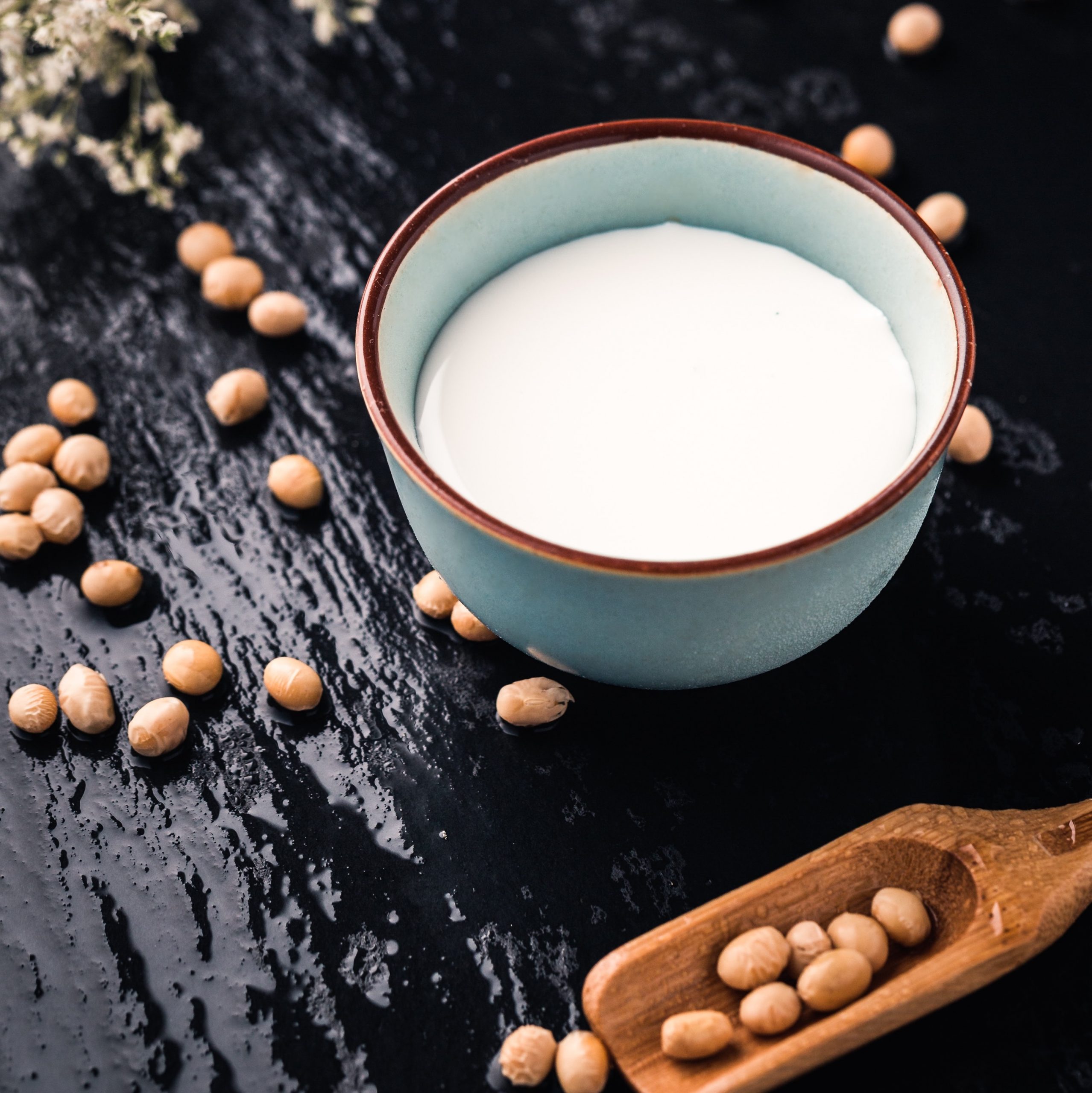
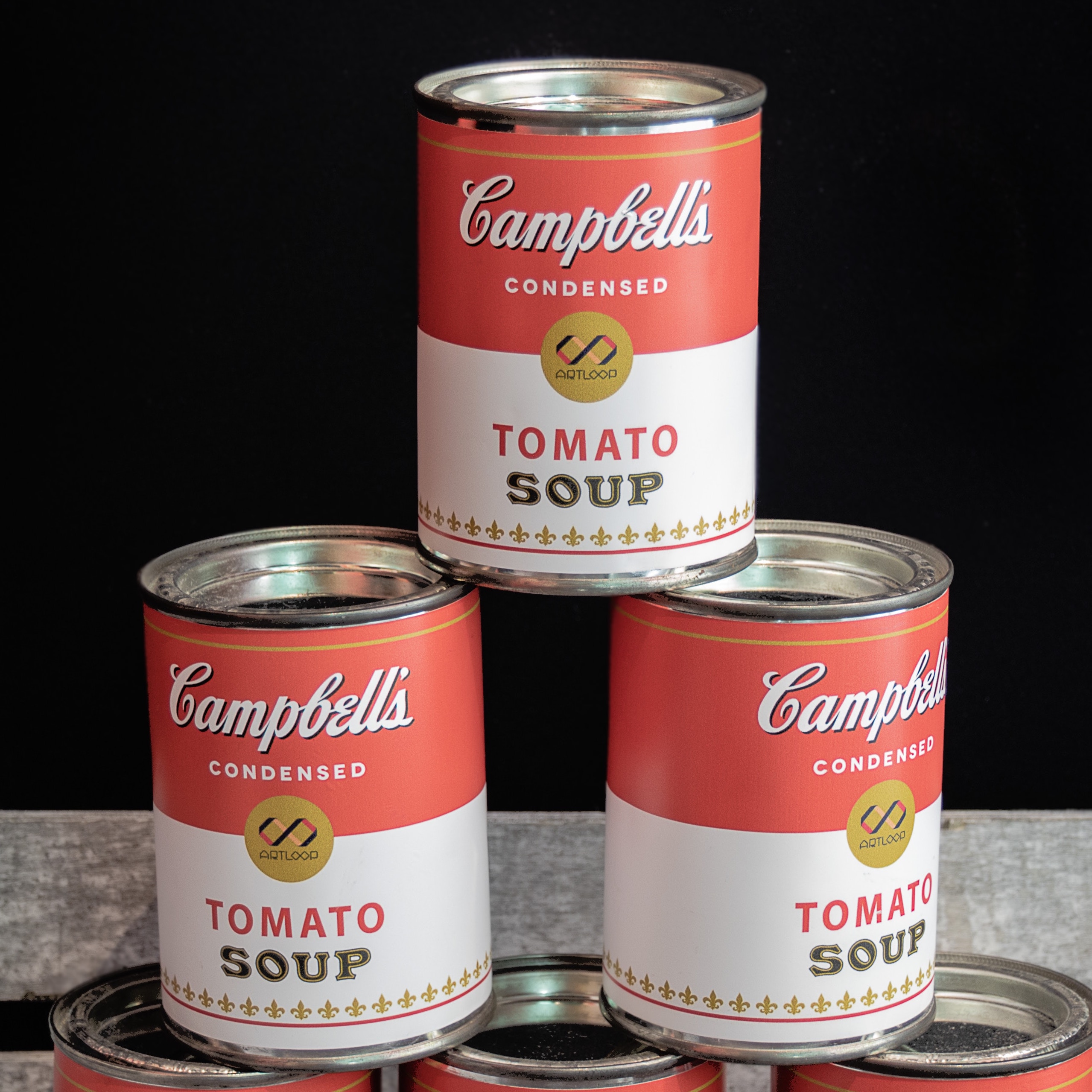
Reduce Consumption of Canned Foods
BPA has gotten in the headlines a lot lately, and for good reason – it’s a potent xenoestrogen that is known to impair fertility. BPA exposure has been linked to endometriosis, PCOS and breast cancer, so it’s not your friend. Unfortunately, it’s also one of the most widely-producted chemicals in the world, with highest amounts found in canned foods (BPA is in the lining of the cans), plastic food and drink containers (like takeaway containers and coffee cups), receipts, newspaper, plane tickets and even household dust (eep!). Don’t be fooled by the “BPA free” label either – some companies simply switch out BPA for another, equally harmful chemical (that has probably got much less research behind it, to boot).
You can reduce your exposure by:
- using glass or stainless steel containers for water and food storage, especially hot food
- opting for fresh, frozen or dried goods instead of canned
- using a re-usable keep cup for hot drinks
- saying no to the receipt, or opting for an emailed receipt
Avoid PFCs in Common Household Items
PFCs (perfluorinated chemicals) are a group of chemicals that create a barrier between two surfaces, making them really useful for creating non-stick cookware, stain-resistant clothing, waterproof fabrics and firefighting foam, among other things. Unfortunately, PFCs are also big-time xenoestrogens that, you guessed it, disrupt endocrine function. They also take a really long time to break down, meaning they also classify as environmental pollutants. Most people already have traces of PFCs in their bloodstream, thanks to to their widespread use.
You may not be able to rid yourself completely of PFCs, but you can reduce your exposure by:
- replacing non-stick cookware with stainless steel, glass, cast iron or ceramic alternatives (they’ll last longer too!)
- opting for natural fibre clothing and furniture as much as possible.
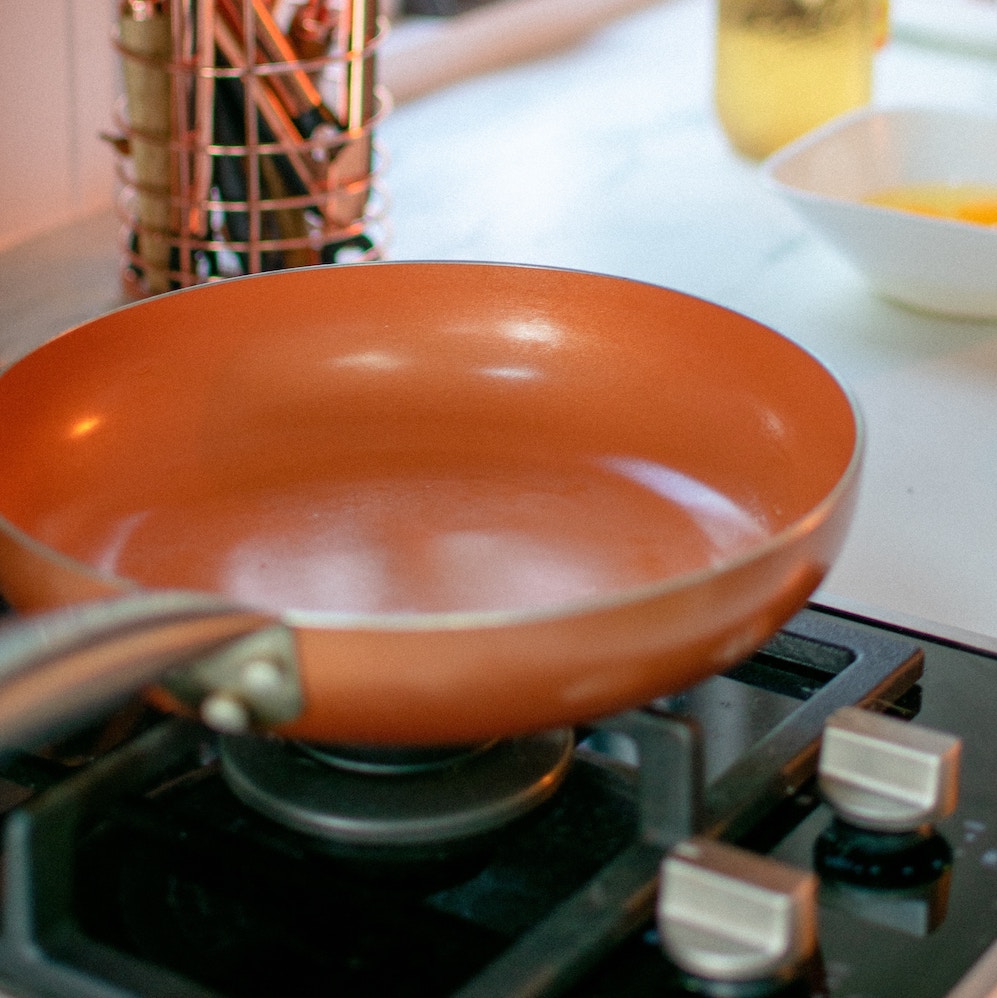
If all this sounds pretty scary, we get it – it IS scary! The important thing to remember is that you can’t totally avoid all xenoestrogens when you live in the modern world – so it’s all about making small steps towards reducing your exposure, one step at a time. Make the changes slowly, and gently, so that they stick. And be kind to yourself throughout the process – that helps the most.
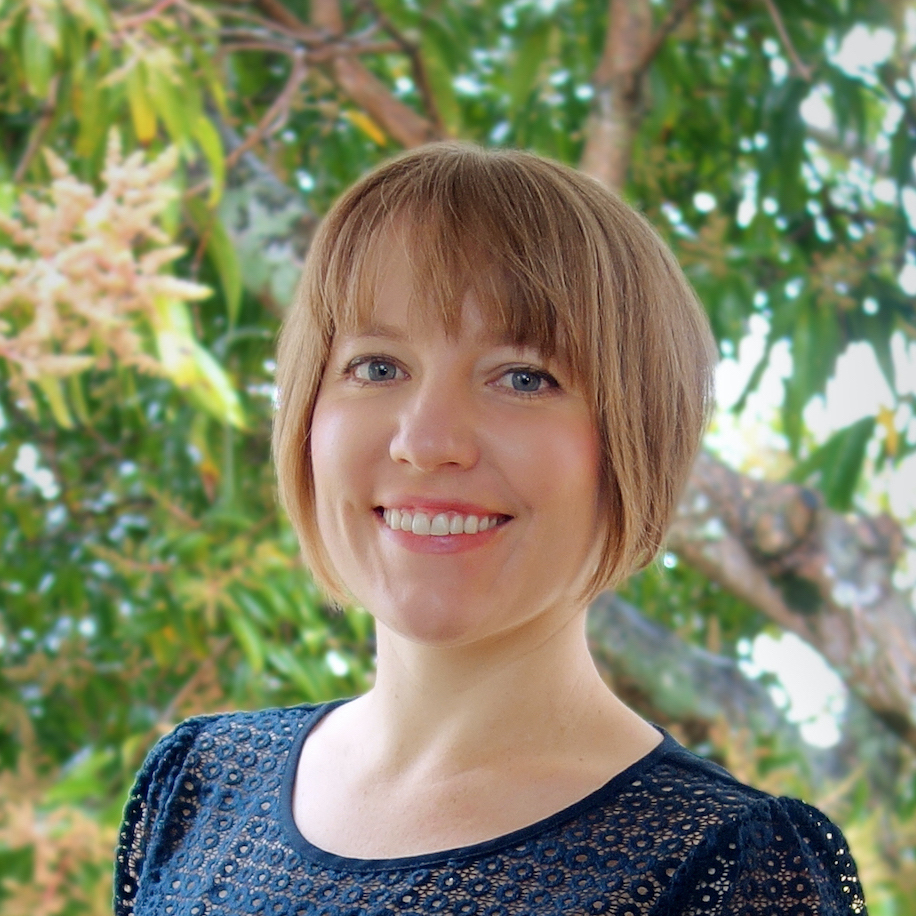
Dr Grace Jones
About the Author:
Dr. Grace Jones (BHSc.Acu) is the founder at Bloom Chinese Medicine. She is a passionate and nationally qualified and registered acupuncturist, with special interests in women’s health, natural fertility, pregnancy, digestive health and emotional wellness. Learn more about Grace here.
Do you have any requests or suggestions? Please let us know!
Find Us
Maroochydore
Contact
Shop 2/106 Sixth Avenue, Maroochydore, QLD, 4558
Monday: 8:30am- 8.00pm
Tuesday: 9:00am – 8:00pm
Wednseday: 9:00am-8:00pm
Thursday: 8:30am – 8:00pm
Friday: 9:00am- 7:00pm
Saturday: 9:00am – 12:00pm
Bloom Chinese Medicine is an integrative Chinese medicine and acupuncture clinic committed to providing the best outcomes for our patients, and empowering them along their journey to optimal fertility and wellness. Centrally located in Maroochydore on the Sunshine Coast, we have visitors from local suburbs and all over Queensland.
Proudly servicing Buddina, Maroochydore, Mooloolaba, Alexandra Headland, Buderim, Kawana, Minyama, Parrearra, Warana, Birtinya, Bokarina, Wurtulla, Little Mountain, Caloundra, Aroona, Bells Creek, Meridian Plains, Palmview, Sippy Downs, Mountain Creek, Kuluin, Kunda Park, Diddillibah, Twin Waters, Pacific Paradise, Mudjimba, Marcoola, Bli Bli, Coolum, Yaroomba, Yandina, Ninderry, Valdora, Peregian Springs, Peregian Beach, Doonan, Noosaville, Noosa, Noosaville, Tewantin, Doonan, and Nambour.
